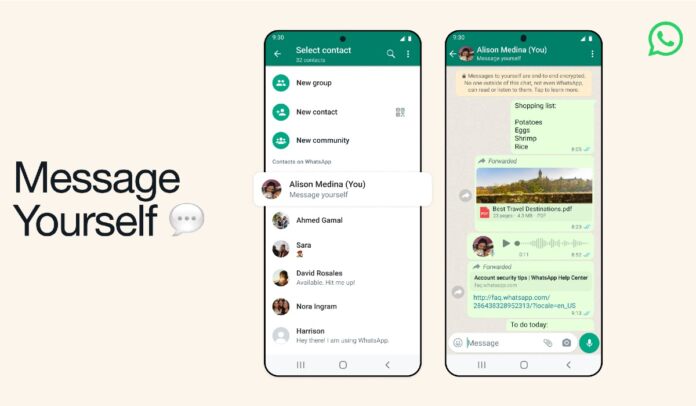In a bid to align with the European Union's Digital Markets Act (DMA), WhatsApp is taking steps to introduce interoperability with third-party messaging apps. This move is seen as a significant step towards breaking the barriers between different messaging platforms and promoting competition.
New Section for Third-Party Chats
According to a recent discovery by Android Authority, a new section within WhatsApp is being developed to house chats from third-party apps. Although this section is not yet live or accessible to users, it signifies WhatsApp's efforts to comply with the DMA.
The European Commission's DMA aims to ensure that large tech companies provide more open access to their products, preventing them from capitalizing on monopolistic advantages. As part of this, platforms identified as “gatekeeper platforms” are given a six-month window to align with these regulations. Meta, the parent company of WhatsApp, along with its other platforms like Facebook and Instagram, has been listed under this category.
Implications for Users and Messaging Platforms
The introduction of this feature means that users from different messaging platforms can communicate with WhatsApp users without necessarily having the app. For instance, a Signal user could potentially send a message to someone on WhatsApp without having a WhatsApp account. This not only encourages competition among messaging apps but also offers users more flexibility in their communication choices.
However, questions arise regarding the preservation of end-to-end encryption, especially when receiving messages from users of other platforms. While detailed technical specifics are still under wraps, it's emphasized that the integrity of end-to-end encryption will be maintained in these interoperable systems.
As the feature continues to be developed, it remains to be seen how WhatsApp will ensure the safety and encryption of its users' data while also offering compatibility with features like Communities. The extent to which this feature will be available outside Europe is also yet to be determined.
Europe's Gatekeepers Under the DMA Laws
Last week, the European Union official formally categorized six leading tech companies as “gatekeepers” in accordance with the Digital Markets Act (DMA). This historic proclamation, revealed by the EU Commission, targets Apple, Google, Meta, Microsoft, Amazon, and ByteDance, acknowledging their substantial influence within the tech industry.
The Digital Markets Act (DMA) is a new law that came into effect in May. It tells the gatekeepers what they can and cannot do, such as:
- They cannot give unfair advantages to their own services over others.
- They have to let users remove any apps that come pre-installed on their devices.
- They have to share some data with their competitors.
If the gatekeepers break these rules, they will face serious consequences. The European Commission can fine them up to 10% of their yearly income, or even split them up or ban them if they keep misbehaving.
To determine which companies are gatekeepers, the European Commission looks at their size, their users, and their influence. To be labeled as a gatekeeper, a service must have more than 45 million people using it every month in the EU and either make more than 7.5 billion euros a year or be worth more than 75 billion euros.






